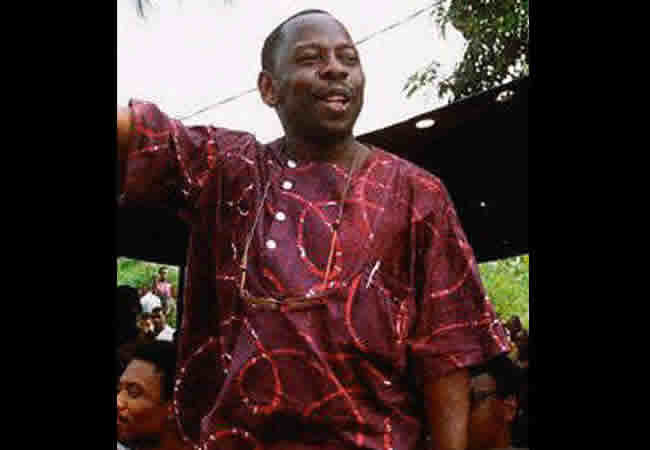Paragraph 1: A Legacy of Resistance and Injustice
Ken Saro-Wiwa, a prominent Nigerian writer, environmental activist, and television producer, emerged as a vocal critic of the ecological devastation inflicted upon Ogoniland by the activities of multinational oil corporations, particularly Shell. He founded the Movement for the Survival of the Ogoni People (MOSOP) in 1990, spearheading a campaign to hold both the Nigerian government and oil companies accountable for the environmental damage and the marginalization of the Ogoni people. Saro-Wiwa’s activism brought him into direct conflict with the military regime of General Sani Abacha, a confrontation that would ultimately lead to his tragic demise.
Paragraph 2: The Ogoni Nine and the 1995 Executions
In 1994, amidst escalating tensions and intra-communal violence, four pro-government Ogoni chiefs were killed. The Nigerian government swiftly accused Saro-Wiwa and eight other Ogoni activists, later known as the Ogoni Nine, of orchestrating the murders. A special military tribunal, widely criticized for its lack of due process and impartiality, convicted them. On November 10, 1995, the nine men were executed by hanging, igniting a firestorm of international condemnation and prompting sanctions against Nigeria from various countries and organizations.
Paragraph 3: International Outcry and Sanctions
The execution of the Ogoni Nine sent shockwaves across the globe, drawing widespread condemnation from human rights organizations, governments, and individuals. The Commonwealth, the United States, Canada, and several other Western nations imposed sanctions on Nigeria, expressing their outrage at the blatant disregard for human rights and due process. The executions became a symbol of the repressive nature of the Abacha regime and highlighted the struggle of the Ogoni people for environmental justice and self-determination.
Paragraph 4: Posthumous Honours and Presidential Pardon
Nearly three decades after their execution, on Democracy Day 2025, President Bola Tinubu of Nigeria conferred posthumous national honours on Ken Saro-Wiwa and the other members of the Ogoni Nine. This act of recognition signified an attempt to address the historical injustice inflicted upon these men and acknowledge their contributions to the struggle for environmental and social justice. Tinubu also announced a presidential pardon, further underscoring the government’s commitment to rectifying the past wrongs.
Paragraph 5: The Significance of the Presidential Actions
The conferment of national honours and the presidential pardon represent a significant step towards reconciliation and healing for the Ogoni people and Nigeria as a whole. These actions acknowledge the state’s culpability in the unjust execution of the Ogoni Nine and signal a commitment to upholding human rights and promoting environmental justice. The move is also seen as a symbolic gesture aimed at addressing the historical grievances of the Ogoni community and fostering a more inclusive and just society.
Paragraph 6: A Continuing Struggle for Environmental Justice
While the posthumous honours and pardon mark a positive development, the underlying issues that Ken Saro-Wiwa and the Ogoni Nine fought for remain pertinent. The environmental degradation of Ogoniland persists, and the struggle for environmental justice and equitable resource allocation continues. The legacy of the Ogoni Nine serves as a reminder of the importance of holding governments and corporations accountable for their actions and ensuring the protection of human rights and the environment. The symbolic actions taken by President Tinubu offer a glimmer of hope for a future where such injustices are never repeated, and the voices of those fighting for a better world are heard and respected.


